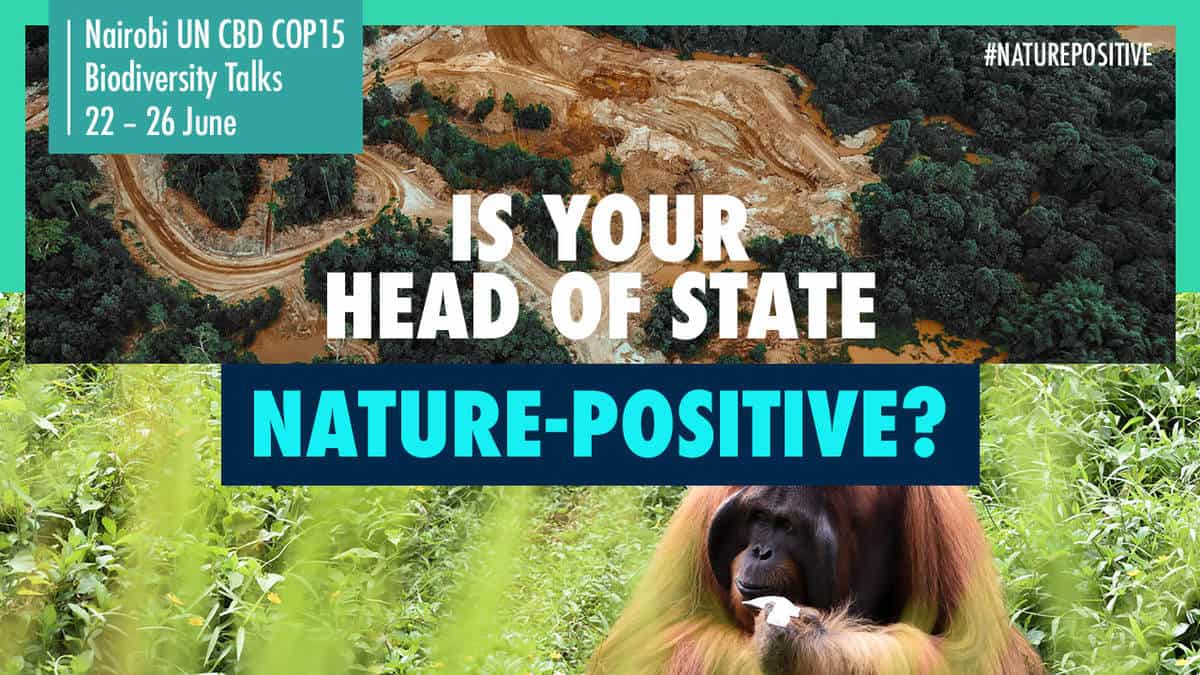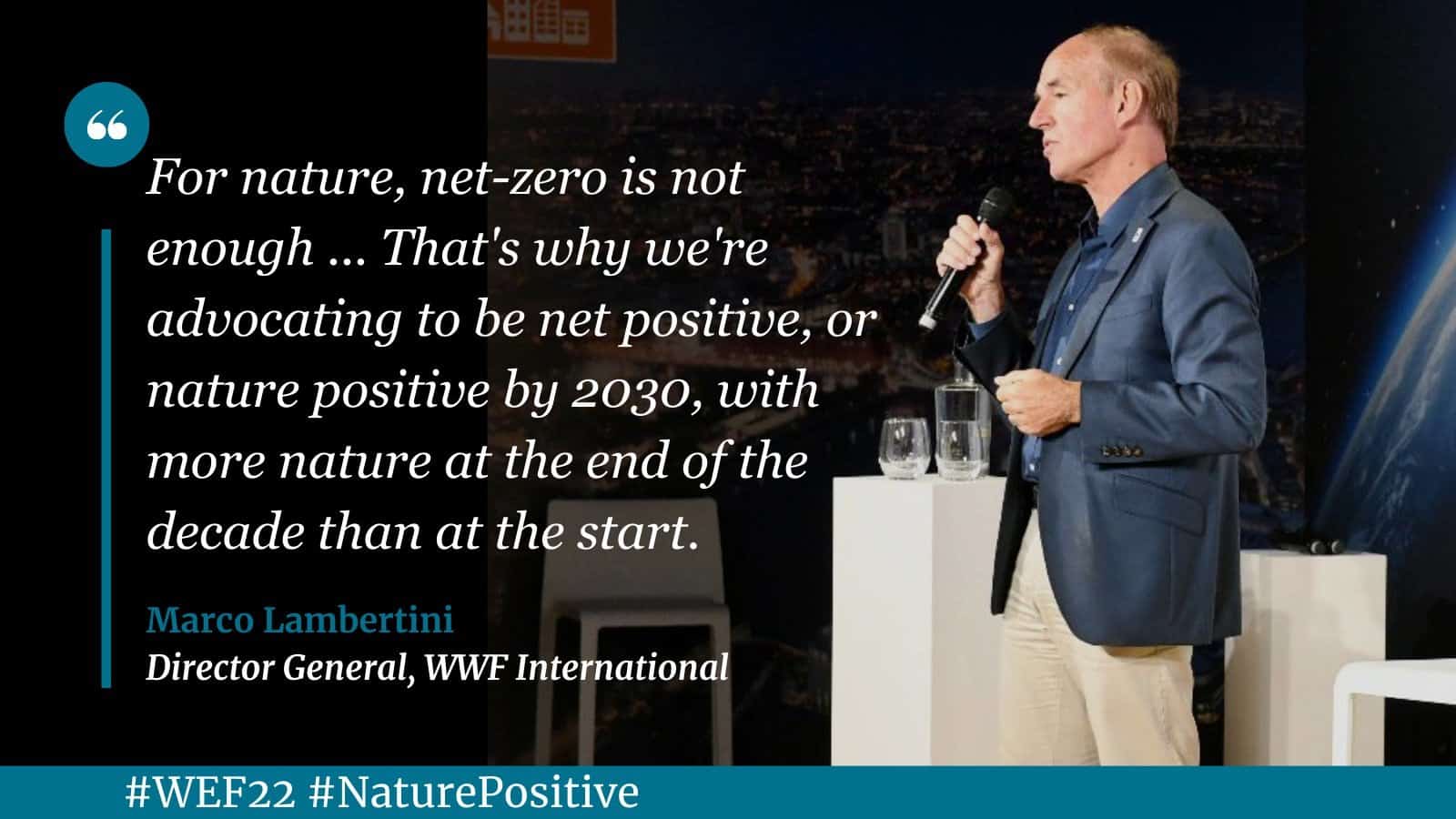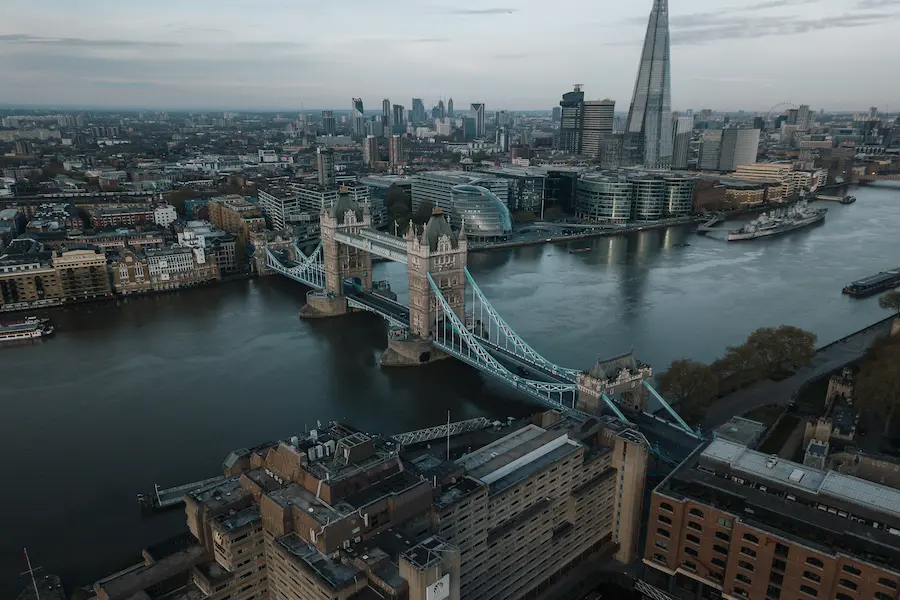What is the UN CBD COP15, and why should you care?

Nature and biodiversity are in crisis. Everything we value and rely on to support life depends on nature and our thriving ecosystems: a stable climate, food, security, water, economy, culture and happiness. But right now, nature and biodiversity are being undervalued, causing a steep increase in pressure from environmental campaigns across the globe.
The past two years have seen politicians, businesses and the public become more aware of the planetary crisis we face, with the climate conversation going mainstream. The importance of tackling the climate emergency is clear and critical moments such as last year’s COP26 (the 26th UN climate change conference), or the IPCC report, have repeatedly highlighted the urgency and desperate need for radical collaboration and policy change to achieve the Paris Agreement goal of limiting global warming to 1.5°C.
But often, the conversation focuses on technology, climate mitigation, and the energy transition, consistently ignoring a critical element of our environment: nature and biodiversity.
We are crossing irreversible tipping points, with many communities already living in crisis. The world is spending $1.8 trillion a year on subsidies driving the destruction of nature yet more than 1 billion people rely on natural landscapes, such as forests, for their livelihoods.
The UN CBD COP15 may be the last opportunity we have to ensure we halt and reverse nature loss by 2030 and protect the future of our planet.
What is CBD COP15?
CBD COP15 stands for Convention of Biological Diversity Conference of the Parties 15 – an international conference for countries to make commitments to nature positivity and protect biodiversity. And ‘15’ because it’s the 15th session since it originated at 1992’s Earth Summit in Rio de Janeiro, Brazil, when 179 countries came together to address the growing concern around climate change, species extinction and extractive resources.
The 1992 CBD agreement provided the first global treaty to provide a legal framework for biodiversity conservation, and to date 196 countries have ratified it with three main objectives:
- the conservation of biological diversity
- the sustainable use of biological resources
- the fair and just sharing of the benefits from genetic resources exploitation.
At the UN CBD COP15 leaders will be asked to adopt a post-2020 global biodiversity framework (GBF). The framework, pegged as ‘the Paris Agreement equivalent for nature’, is a once-in-a-decade opportunity to secure an ambitious and transformative global plan to tackle biodiversity loss and set nature on the path to recovery.
Why is CBD COP15 important?
Since 1992, there have been 14 CBD conferences, but despite this the future we face today is even more alarming. One quarter of plant and animal species are threatened with extinction and extractive human activity has caused the loss of 83% of all wild animals and half of all plants.
We are crossing irreversible tipping points with many communities already living in crisis. Precious and irreplaceable ecosystems such as the Amazon have transitioned from carbon sink (absorbing more carbon from the atmosphere than it releases) to carbon source (releasing more carbon than it absorbs) and human activity is threatening biodiversity havens.
CBD COP15 is a critical moment to increase worldwide protection for biodiversity. The conference this year provides a rare opportunity to strengthen the global biodiversity framework and the final opportunity to reverse and halt nature loss within the UN Decade of Ecosystem Restoration, which runs from 2021 to 2030.

When and where is CBD COP15 taking place?
CBD COP15 is now due to take place in Montreal, Canada, from 5–17 December 2022.
The new location and date was welcomed by some of the world’s largest NGOs, such as WWF and The Nature Conservancy, who signed an open letter asking the CBD Secretariat to find a suitable venue to host COP15, given the difficulties being faced in China.
Ahead of the December discussions there have been multiple discussions and working groups. The last of which, the open-ended working group (OEWG 4), is taking place in Nairobi, Kenya, from 21-26 June 2022. This is the final pre-COP opportunity to strengthen the global biodiversity framework and focus on key issues such:
- Shifting finance away from harmful subsidies
- Ensuring ‘30×30 targets’ (to protect 30% of the Earth’s land and sea by 2030) protect the rights of Indigenous peoples
- Providing a route for the agriculture industry to transition to more sustainable practices.
How can we judge the success of the CBD COP15 talks in Nairobi?
- Establish a global goal for nature: by the end of CBD COP15, governments must have committed to a global goal for nature that drives ambition across business, policy and society. This goal must allow them to become nature-positive by 2030 and reverse biodiversity loss.
- Accelerate progress on critical issues: considerable progress needs to made, and a consensus built, on critical issues so that December’s COP15 discussions can be as smooth as possible. The aim must be to secure a strong and ambitious framework.
- Inclusion of diverse voices: as media coverage and attention increase, more voices, demands, and views must be heard, especially from Kenya as the venue of OEWG 4.

Keep updated on CBD COP15
To stay updated on CBD COP15 and the outcome of the discussions in Nairobi, and to find out more about the nature and biodiversity, crisis you can:
- Follow accounts such as The Nature Conservancy and Business for Nature.
- Look out for posts from The Guardian biodiversity reporter Patrick Greenfield.
- Read the WWF Living Planet Report.
- Sign up to Greenhouse Morning News, our daily climate news email.
- Read more on the 10 climate events of 2022 you need to know about.


